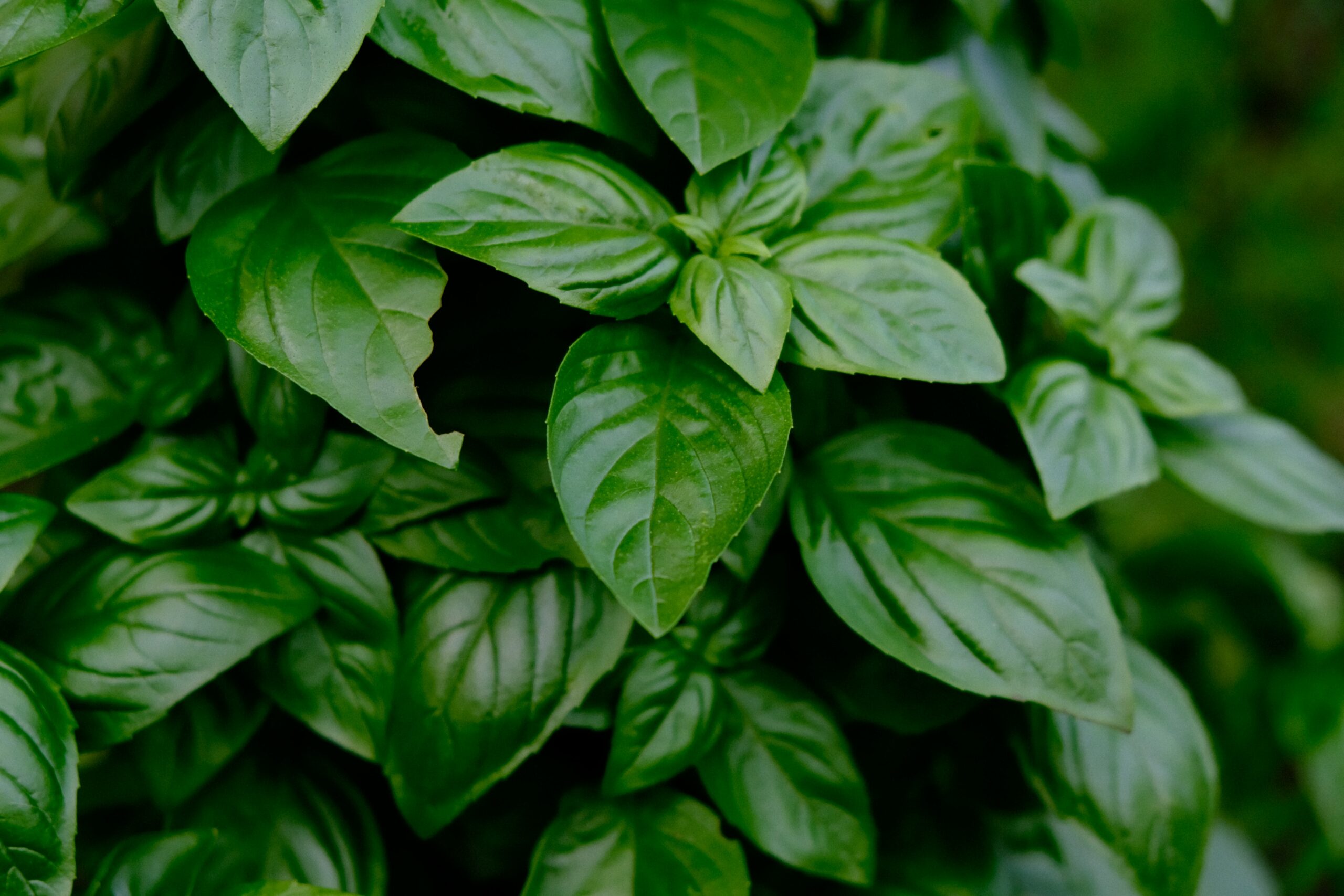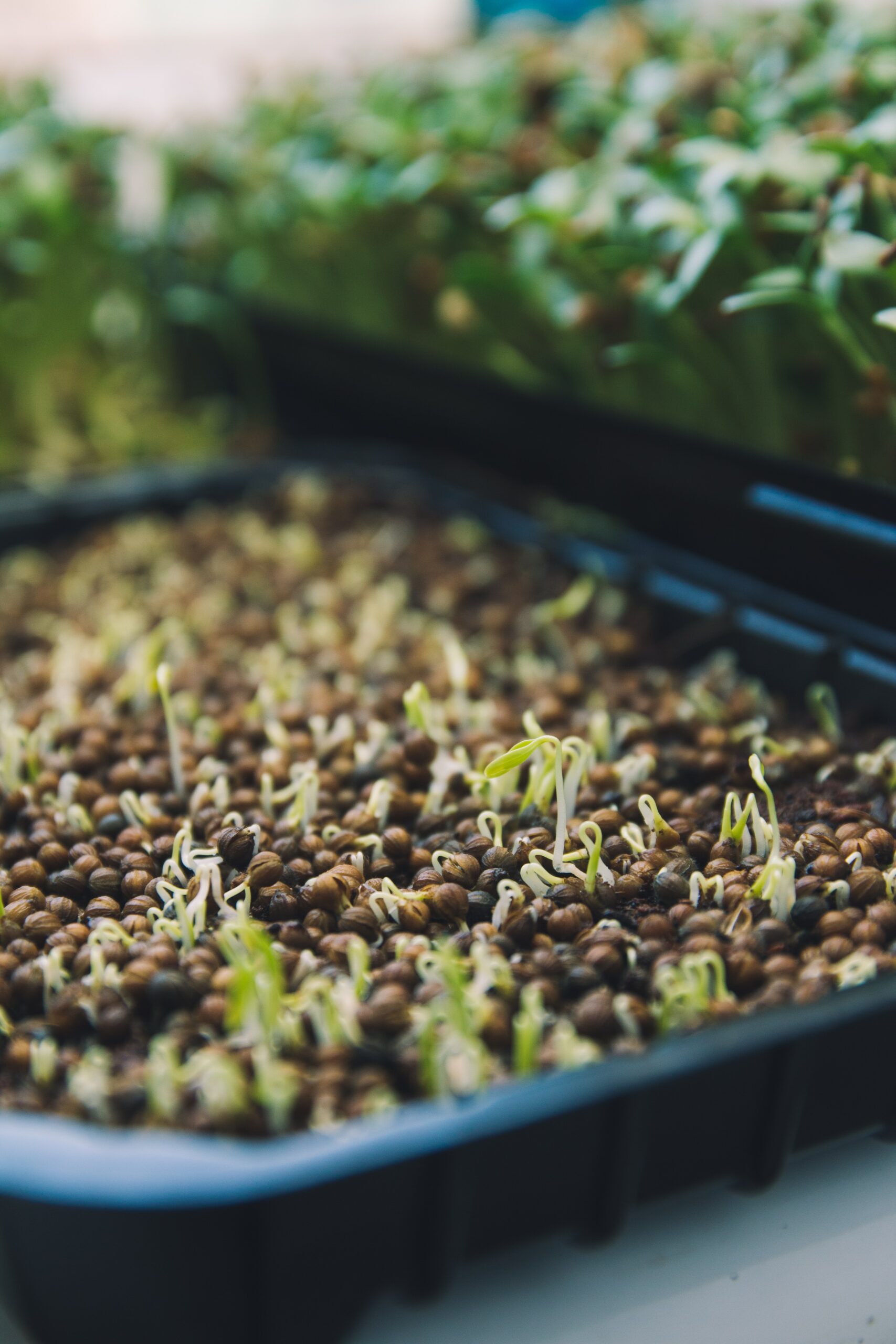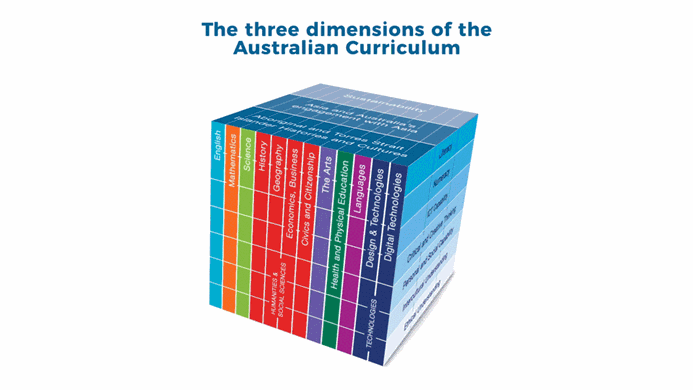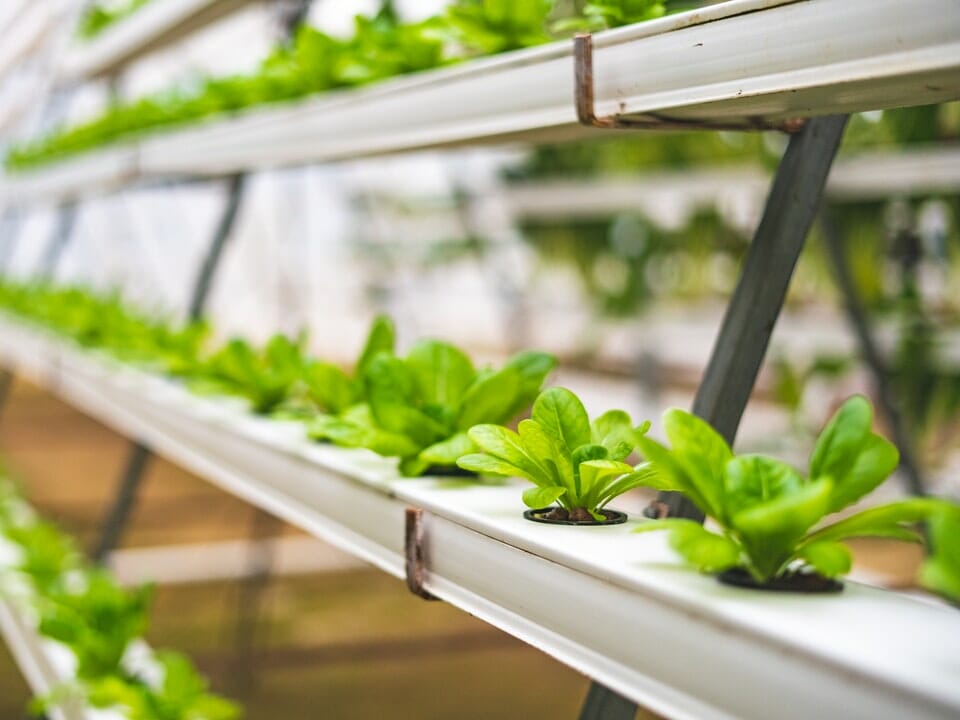Lesson Plan
Hydroponic Horizons: The Basil Adventure
Year Level: Year 5
Learning Area: Cross-curricular (Science, Mathematics, Technology, English)
General Capabilities: Literacy, Numeracy, Information and Communication Technology (ICT) Capability, Critical and Creative Thinking, Personal and Social Capability
Cross-curriculum Priorities: Sustainability
Resources: Deep Water Culture (DWC) hydroponics kit, basil seedlings, pH meter, light source (if indoors), measuring tape, digital camera or tablets for photographing progress, notebooks and pencils
Lesson Duration: 6 weeks (allowing time for plant growth)
Objectives
- Students will understand the process and benefits of hydroponic growing.
- Students will learn to set up and manage a DWC hydroponic system.
- Students will apply the scientific method to monitor plant growth.
- Students will develop skills in data recording, analysis, and digital literacy.
Outline
Week 1
Day 1: Introduction to Hydroponics
- Begin with a discussion on hydroponics: what it is, how it works, and its advantages.
- Show students the DWC hydroponics kit and explain its parts and functions.
Day 2: Planting Day
- Guide students to set up their DWC system and plant their basil seedlings.
Week 2-5
Daily Monitoring and Data Collection
- Assign rotating roles to students: pH checkers, nutrient monitors, data recorders, and photographers.
- Daily tasks include checking pH and adjusting if necessary, ensuring nutrient solution level is adequate, recording observations (e.g., leaf size, color, root length, number of leaves), and photographing plant growth.
Weekly Reporting
- Once a week, students will create a digital journal entry that includes their data, photographs, and reflections for that week.
Week 6
Day 1-4: Final Observations and Data Analysis
- Students continue their monitoring roles.
- As a class, discuss patterns or trends in the data. Students will create a graph to represent their results.
Day 5: Conclusion and Reflection
- Harvest basil. Consider making a recipe that includes basil that can be shared by the class.
- Students will write a final report detailing their experiment process, results, and what they learned.
- Facilitate a class discussion on how hydroponics can contribute to sustainability and food security.
Assessment
- Practical Application: Assessment of students’ ability to manage their DWC system and perform tasks accurately.
- Digital Journaling and Data Analysis: Evaluation of students’ observational records, data analysis, graphing abilities, and digital literacy skills.
- Group Work: Observation of students’ cooperation and participation in group activities.
- Final Report: Students’ understanding of hydroponics, the scientific method, and sustainability will be assessed through their final report.
By immersing students in the hands-on experience of hydroponic gardening, the “Hydroponic Horizons: The Basil Adventure” lesson plan not only imparts scientific and technological knowledge but also fosters creativity, collaboration, and a deeper appreciation for sustainable agriculture.







